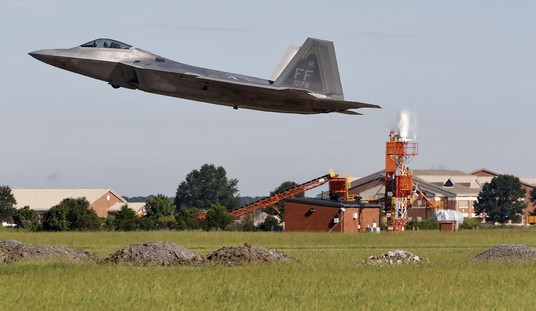Black Mirror is back! The popular show’s third season has been picked up by Netflix and the internet is buzzing. In case you’ve never seen the show, it imagines a series of futuristic worlds in which technology similar to what we have today is (usually) ruining everyone’s lives. The episodes stand alone with only the very loose theme of technology to connect them.
The show can basically be summed up as “it would be bad if…” Like, it would be bad if virtual reality took over our minds. Or, it would be bad if social media dictated our actual social standing. Or, it would be bad if your dead boyfriend came back as an android.
But there’s one episode in the latest season of Black Mirror that has everyone feeling a bit more optimistic. Everyone, it seems, except me. And yes—full disclosure—I am a bit of a pessimist, but I don’t think that’s the problem here. I think it’s actually a problem of world-view: it’s only optimistic if you don’t believe in heaven.
I’m talking about episode four, “San Junipero” (and there will be major spoilers, so don’t read on if you haven’t seen it and want to).
The episode takes place, as most Black Mirror episodes do, sometime in the not-so-distant future where people are given a say about what happens to them after they die. There are two choices. Either they can choose to have their consciousness downloaded into a virtual reality world called San Junipero (a process called “passing over”), or they can choose to simply die, at which point no one knows what happens to them. Perhaps they go to heaven. But perhaps there is nothing at all.
Our main characters, two women named Yorkie and Kelly, are still alive in real life but are visiting San Junipero for a trial period. Although they are old women in real life, they are young again in San Junipero. They meet there and fall in love.
Neither Kelly nor Yorkie believes there is a heaven. Because of this (and for other reasons revealed in the show) Yorkie has decided to stay in San Junipero after she dies. Kelly, on the other hand, has opted not to because her late husband didn’t, so she won’t either. Now that Kelly and Yorkie are in love, Yorkie tries to convince Kelly to change her mind and stay with her forever in San Junipero.
In the dramatic climax of the episode, Kelly angrily tells Yorkie why she can’t do this: “Forty-nine years. I was with him for forty-nine years. You can’t begin to imagine. You can’t know. The bond. The commitment. The boredom. The yearning. The laughter. The love of it. … Everything we sacrificed. The years I gave him. The years he gave me.”
The few weeks she’s spent with Yorkie (though their love is real and their connection undeniable) don’t compare to the love built up over nearly half a century with Richard. A love that existed in real time in the real world.
Now, for me, Kelly’s choice is a no-brainer. But that’s because I believe in heaven. A place created by God for our souls to go after we die. San Junipero is artificial, made by man, not God. It keeps the soul from truly “passing over.” Holds it captive on earth instead of allowing it to be free. To me, it sounds like a terrible fate. “You wanna spend forever somewhere nothing matters?” Kelly spits at Yorkie. And that’s exactly the point. San Junipero is nowhere. It’s nothing. An illusion.
But since Kelly doesn’t believe in heaven, in her mind the alternative to San Junipero is oblivion. “I believe they’re nowhere,” she says, speaking of people who have died but haven’t “passed over.” Which is why, in the “uplifting” final scene, Kelly has a change of heart and decides to “pass over” after all, leaping into a convertible with Yorkie and driving off into the sunset.
Happy ending? Sure, if Kelly and Yorkie are right and there is no heavenly afterlife and this is all there is. But not so much if you imagine that somewhere out there, beyond the confines of this world, is a heaven so much more vibrant and beautiful and real than San Junipero could ever be. And yes, Richard and all of Yorkie’s dead loved ones would be there waiting. But the details matter less than the belief that we were not made to be downloaded into a computer chip, but, rather, to be set free.
At least that’s what I think. Which means this episode, as well as all the others, left me with Black Mirror’s signature feeling of bleak unease. So, in that sense, I guess it was just your typical episode.









Join the conversation as a VIP Member